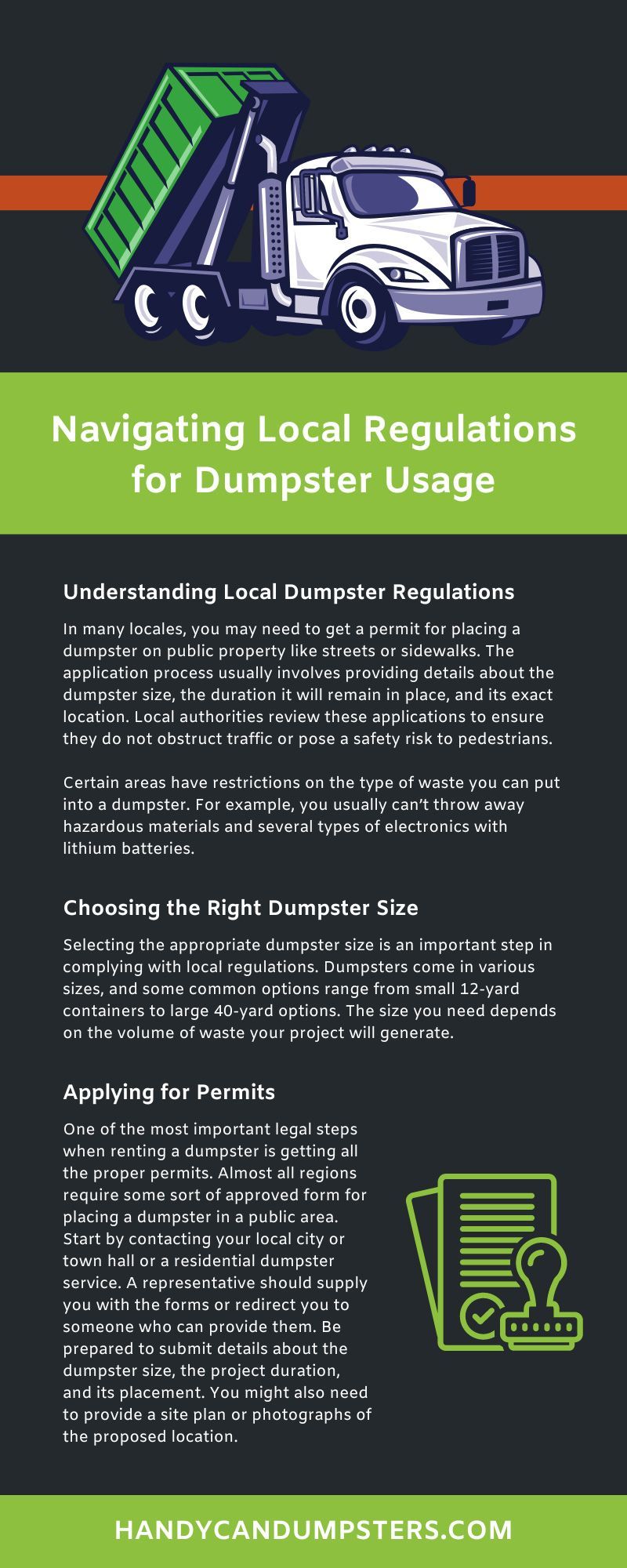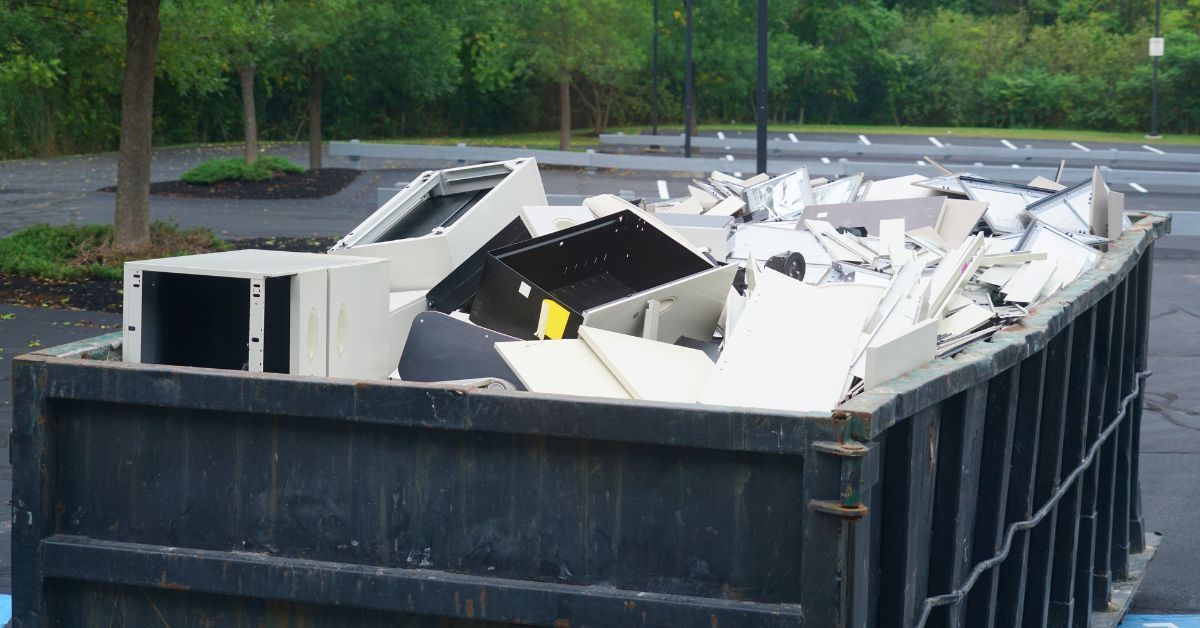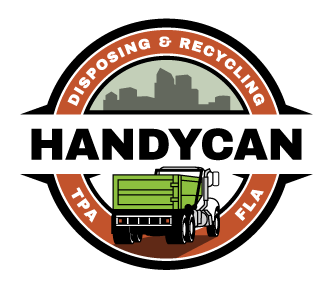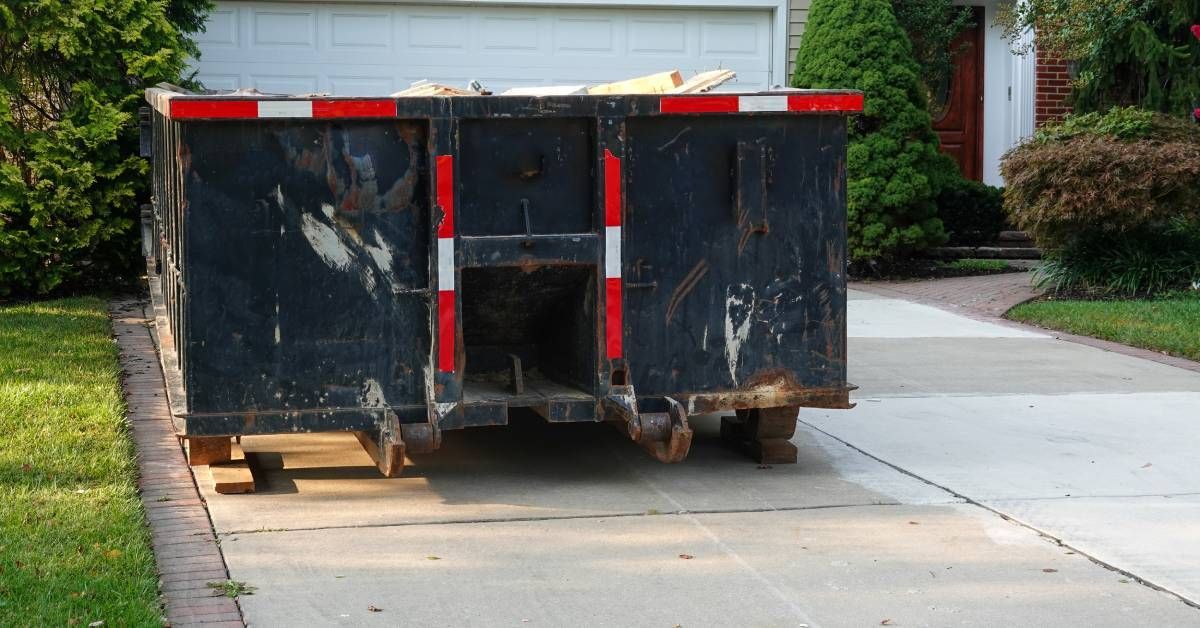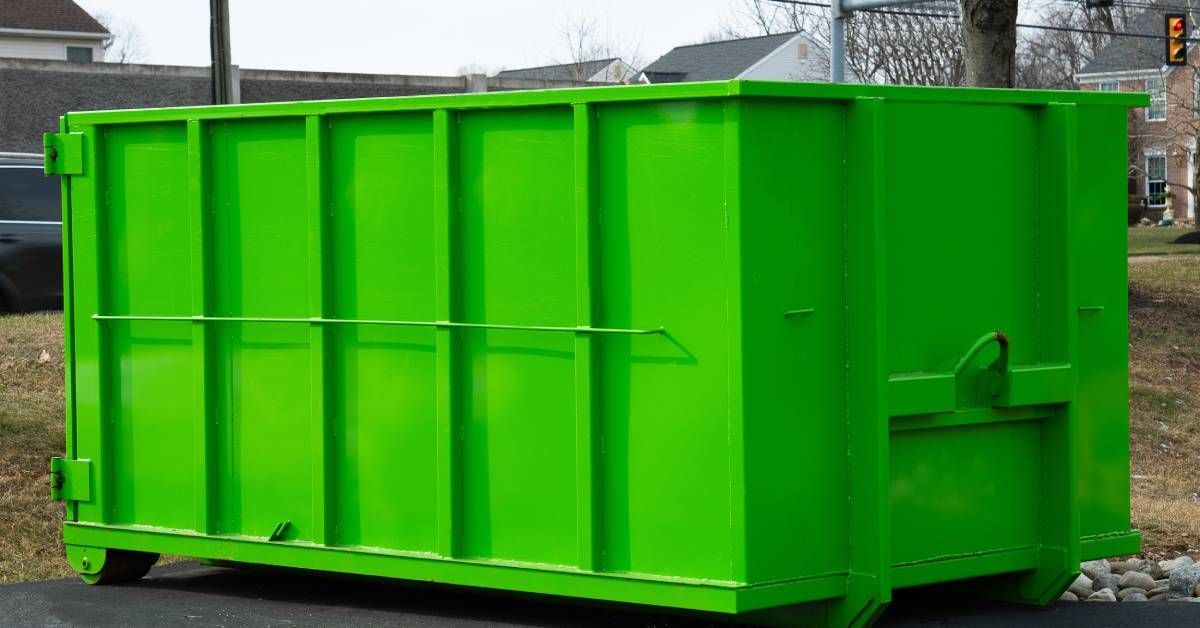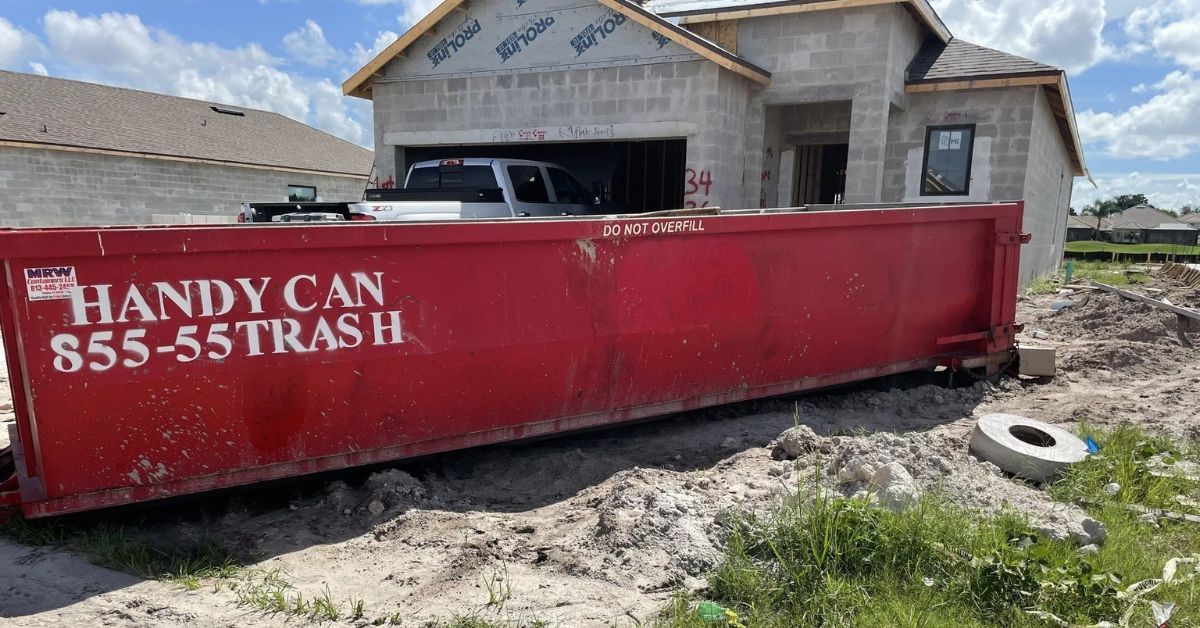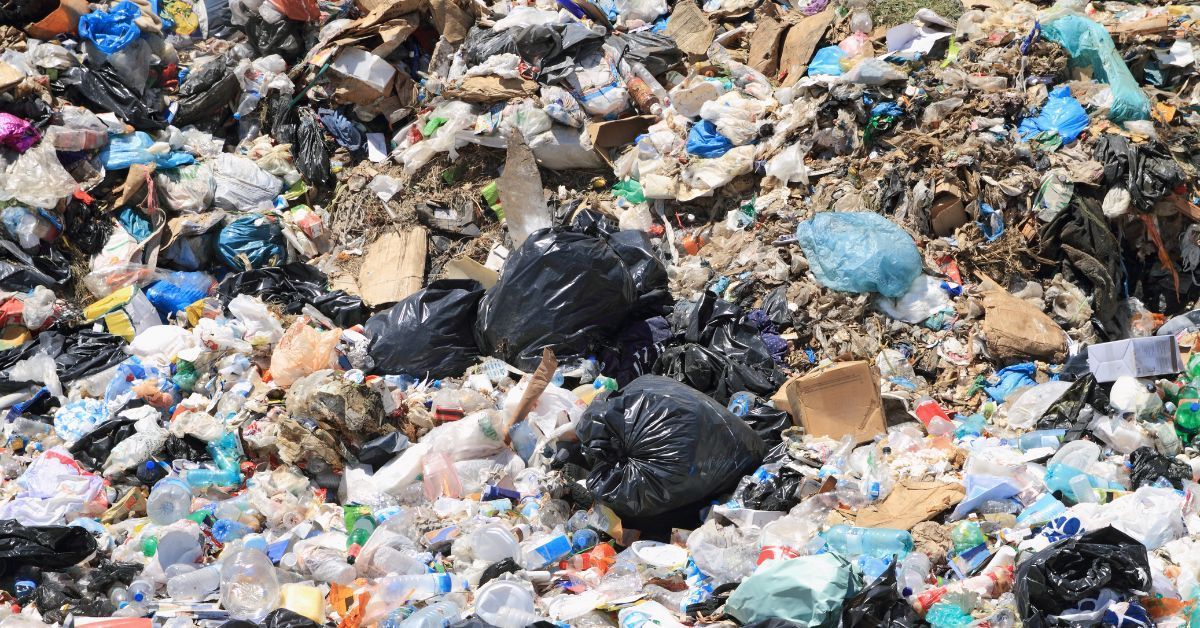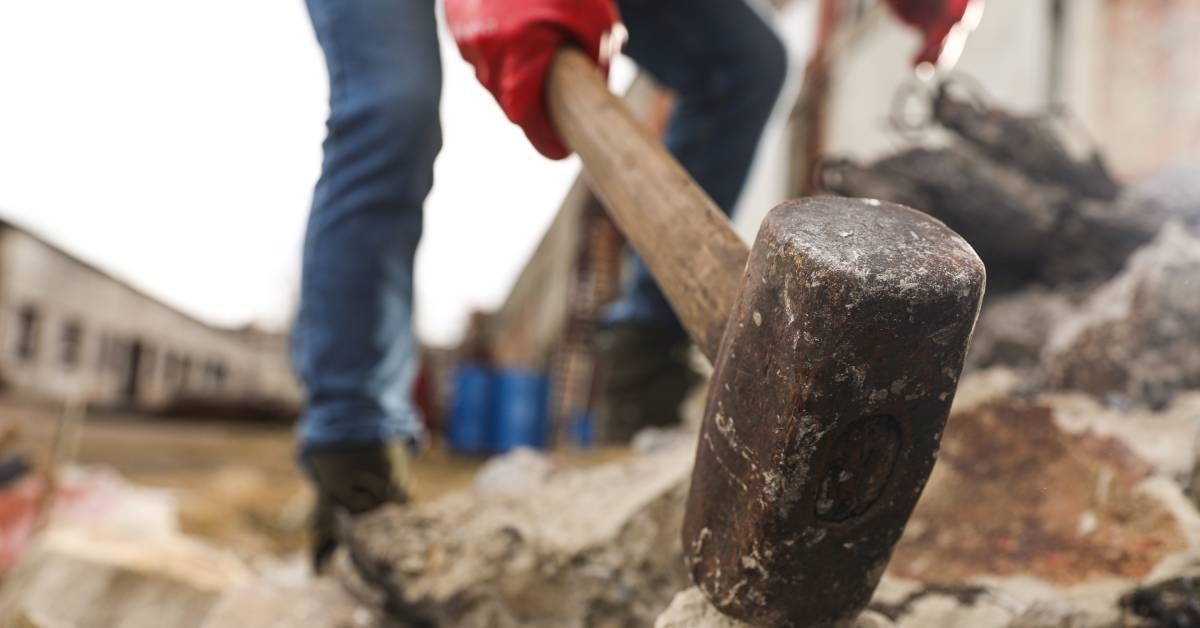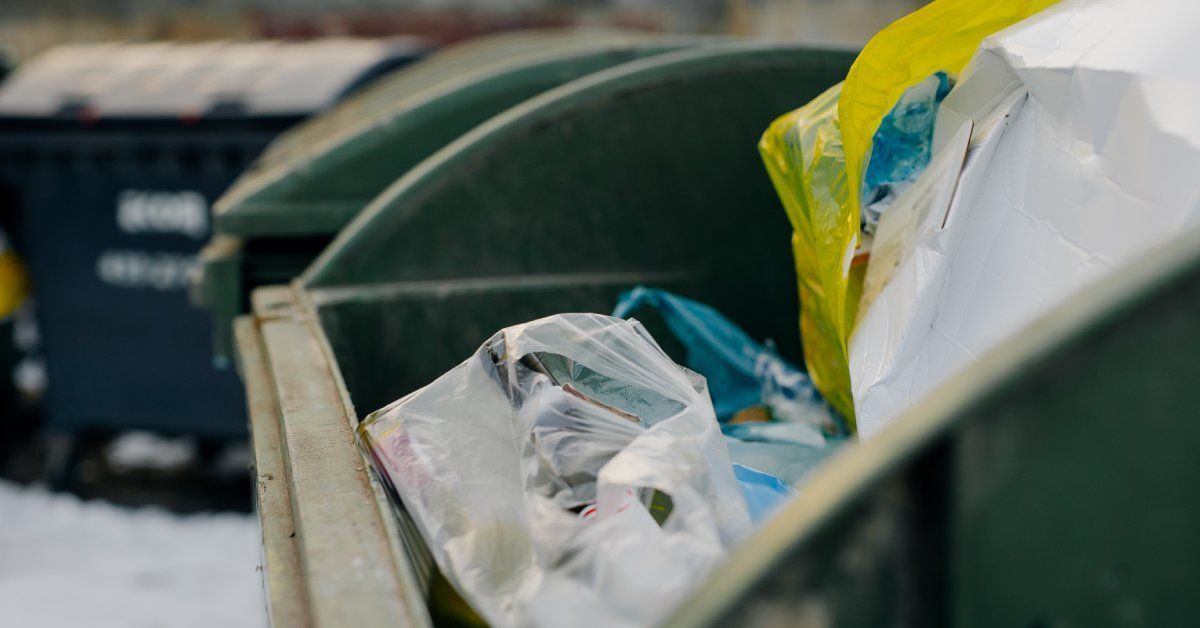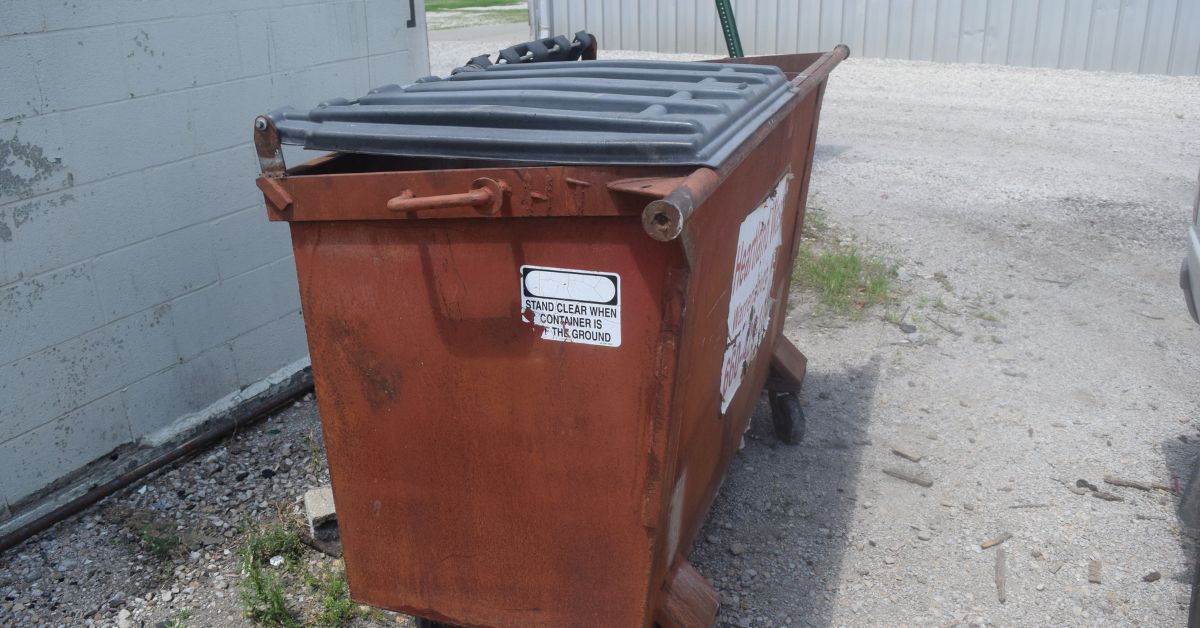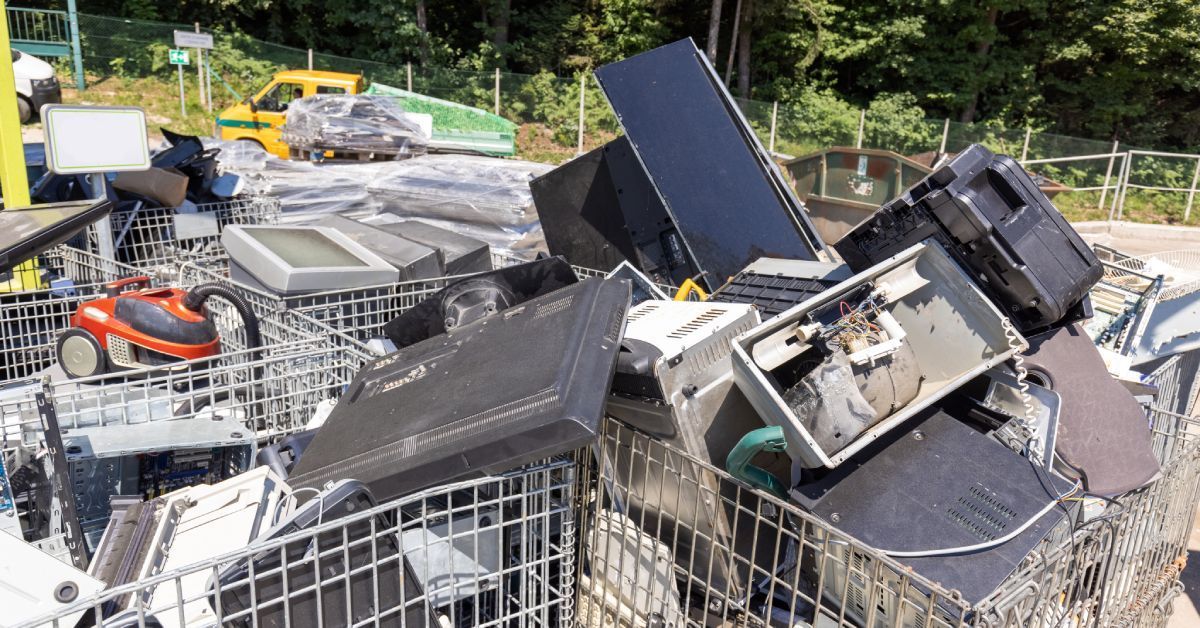Navigating Local Regulations for Dumpster Usage
Renting a dumpster is a great idea for many jobs. However, you should understand all of the local laws and regulations that go into such a process. Seemingly minor details, like how long you can have a dumpster in front of your property or what you can throw into it, may become issues if you’re not careful. Navigating local regulations for dumpster usage may seem a little tricky, but Handy Can Dumpsters is here to help.
Understanding Local Dumpster Regulations
Local regulations for dumpster usage vary from one area to another. Laws may differ depending on your state, county, or city. These regulations exist to maintain public health and safety, so it’s a good idea to understand them.
In many locales, you may need to get a permit for placing a dumpster on public property like streets or sidewalks. The application process usually involves providing details about the dumpster size, the duration it will remain in place, and its exact location. Local authorities review these applications to ensure they do not obstruct traffic or pose a safety risk to pedestrians.
Certain areas have restrictions on the type of waste you can put into a dumpster. For example, you usually can’t throw away hazardous materials and several types of electronics with lithium batteries. It’s always good to know what you can or can’t throw into a dumpster when setting up your rental contract.
Choosing the Right Dumpster Size
Selecting the appropriate dumpster size is an important step in complying with local regulations. Dumpsters come in various sizes, and some common options range from small 12-yard containers to large 40-yard options. The size you need depends on the volume of waste your project will generate.
For most home projects, you can get by with a 12 or 20-yard dumpster. However, professionals working at large job sites may want to use a larger one. It’s better to err on the side of caution and choose a container slightly larger than you think you’ll need, as overloading a dumpster could lead to additional fees and regulatory issues.
Applying for Permits
One of the most important legal steps when renting a dumpster is getting all the proper permits. Almost all regions require some sort of approved form for placing a dumpster in a public area. Start by contacting your local city or town hall or a residential dumpster service. A representative should supply you with the forms or redirect you to someone who can provide them. Be prepared to submit details about the dumpster size, the project duration, and its placement. You might also need to provide a site plan or photographs of the proposed location.
After submitting your permit applications, you may need to wait several days or even weeks for approval, so try to get it in as early as possible once you have the details figured out. Keep a copy of the permit on-site in case local authorities request to see it.
Placement Considerations
A big part of navigating local regulations for dumpster usage is knowing and understanding where you can place the dumpster. For example, just because you have permission to place it in a street doesn’t mean you can block traffic.
Your dumpster rental shouldn’t interfere with the safety and accessibility of other people in the area. When selecting a location, consider factors such as proximity to your work area, ease of access for waste disposal, and potential impact on public spaces.
Avoid placing dumpsters in areas that could obstruct traffic or pedestrian pathways. Ensure that the dumpster is easily accessible for delivery and pickup. In some neighborhoods, you may run into issues or fines if you place a dumpster too close to property lines. It will need adequate room for delivery and pickup trucks to maneuver without damaging property or violating local zoning laws.
It’s also a good idea to consider the weight of the dumpster after you load it up. Try to avoid placing the dumpster on soft ground or weak pavement to avoid causing damage.
Waste Restrictions
Understanding what you can and cannot dispose of in your dumpster is key to staying within local regulations. Most municipalities have guidelines that are quite clear about what you can’t throw into a dumpster. Commonly banned items include hazardous materials, chemicals, batteries, tires, and certain electronics.
Before starting your project, review the list of prohibited items provided by your dumpster rental company and local authorities. If you anticipate needing to dispose of things you can’t throw into the dumpster, you can usually find service providers to get rid of them properly.
Scheduling and Timing
Many municipalities have restrictions on how long a dumpster can remain in place, particularly on public property. These limits help to maintain public safety and limit the potential for general disruptions.
When planning your project, consider how long you will need the dumpster. Communicate this clearly with your rental company, and adhere to the agreed-upon timeline. If your project requires more time, you may need to apply for an extension on your permit. It’s always a good idea to schedule a prompt pickup after finishing your project. A lingering dumpster can attract complaints from neighbors, so confirm pickup dates with your rental provider in advance.
Working With Reputable Rental Companies
Partnering with a reputable dumpster rental company can make the entire rental process easier from a legal and business point of view. Discussing your rental with an experienced provider can help you avoid running into problems since these companies need to remain on top of changes in laws or rules. Finally, establishing a good relationship with your rental provider can streamline the entire process.
Ready to start your project with confidence and ease? Handy Can Dumpsters is here to simplify your waste disposal process. Our expert team understands local regulations and can ensure you stay free of legal hassles from start to finish. Whether you’re a homeowner tackling a renovation or a contractor managing a large-scale construction project, we’ve got the right dumpster size for you. Contact us today to learn more about our services and how we can help you navigate local regulations.
